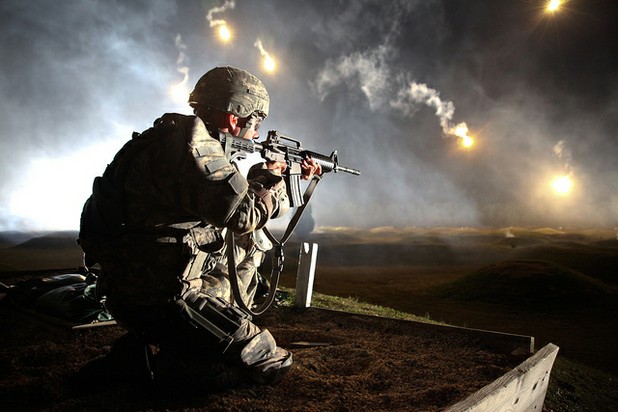Army Suicides Hit Record High in July
In 2008, Army soldiers were, for the first time ever, more likely than people from the general population to commit suicide; and as long active deployments continue and combat stress mounts, Army suicide figures continue to rise - with a new sad record of 32 Army suicides in July.
In July, 22 active duty soldiers and 10 reservists committed suicide.
PTSD and other mental health conditions affect roughly 20% of those returning from active combat. The Army has spent many 100s of millions of over the last few years to improve mental health and suicide prevention services for returning soldiers, as well as on efforts to de-stigmatize mental illness and mental health treatments. Suicide figures, however, indicate that even this massive investiture in mental health programs has failed to reverse the psychological costs of repeated combat tours.
- In 2009, 242 soldiers committed suicide
- In 2010, 301 soldiers committed suicide
Commenting on the tragic July suicide figures, the Army’s Vice Chief of Staff, Gen. Peter W. Chiarelli, wrote, "While the high number of potential suicides in July is discouraging, we are confident our efforts are having a positive impact…there is much work to be done."
Rewarding years of lobbying efforts by families of Army suicide victims, last month the Obama administration began sending presidential condolence letters to soldiers who committed suicide.
In the past, suicide victims received letters of condolence only from senior Army officers. In a statement, President Obama explained the decision to honor those who had died from the "unseen wounds of war” writing, "This issue is emotional, painful, and complicated, but these Americans served our nation bravely. They didn't die because they were weak. And the fact that they didn't get the help they needed must change."
Post a comment 1
Copyright Notice
We welcome republishing of our content on condition that you credit Choose Help and the respective authors. This article is licensed under a Creative Commons License.

 John Lee
John Lee
